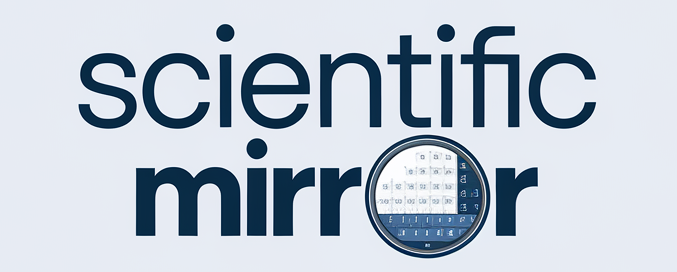Humans might not shoot lasers from their eyes or leap tall buildings in a single bound, but biology has given us some pretty wild abilities we rarely appreciate. From healing faster than we realize to sensing invisible threats, our bodies are basically low-key superheroes—just without the flashy capes. Here are ten unbelievable (but totally real) ways biology explains the closest thing we have to human superpowers.
The Brain’s Super Fast Processing Power
Your brain processes information faster than any computer you’ll ever own, even if it doesn’t always feel that way during Monday mornings. It can react to danger in milliseconds, triggering fight-or-flight responses that save your life before you consciously realize what’s happening. This rapid-fire processing is why you can dodge a flying frisbee without thinking about it. Basically, your brain is pulling superhero moves every day.
Regeneration of Skin and Organs
While we can’t regrow a limb like a lizard, human bodies repair themselves constantly. Skin regenerates every few weeks, and the liver can regrow after losing significant chunks of itself. It’s a quiet, behind-the-scenes superpower you notice only when you heal from cuts or scrapes. Imagine if comic book heroes bragged about their scar-healing timelines.
Night Vision (Kind Of)
We can’t see in pitch darkness, but our eyes are surprisingly good at adapting to low light. Specialized cells called rods in the retina help us navigate in dim environments without tripping over everything. Give your eyes about 20 minutes in darkness, and they’ll boost sensitivity dramatically—basically nature’s version of night-vision goggles.
Immune System’s Shape Shifting Defense
Your immune system is constantly scanning for invaders and deploying custom defenses tailored to each threat. It’s like having an army that learns and evolves mid-battle. Vaccines tap into this power, training your body to recognize enemies before they show up. It’s an invisible superpower that fights villains you can’t even see.
Extreme Endurance Potential
Humans are built for long-distance running in ways most animals can’t compete with. Sweating cools us down, upright posture conserves energy, and our tendons store and release power efficiently. While we can’t outrun a cheetah in a sprint, we could theoretically chase it until it gets tired—ancient humans literally used this trick to hunt.
The Power of Pain Suppression
In extreme situations, the body can release endorphins that block pain almost completely. This is why some people don’t realize they’re injured until after a crisis is over. It’s a survival mechanism that prioritizes escape over comfort. Pain might be unavoidable, but biology lets us hit “pause” when it really matters.
Super Memory Under Stress
Ever notice how life-threatening moments feel burned into your brain forever? That’s your amygdala, a part of the brain that ramps up memory formation when adrenaline spikes. This “flashbulb memory” effect helps you learn from danger and avoid repeating mistakes. It’s less about photographic memory and more about survival storytelling.
Ultra Sensitive Senses
While we’re not as sharp as dogs or eagles, humans still have shockingly good senses when trained. People can detect tiny differences in smells, hear faint tones, or even spot ultraviolet light under certain conditions. Our senses are flexible, and with practice, they can feel downright superhuman.
The Human Dive Reflex
When you submerge your face in cold water, your body automatically slows your heart rate and redirects blood to vital organs. This reflex helps conserve oxygen and is one reason free divers can hold their breath for minutes at a time. It’s basically your body’s secret underwater survival mode.
Adaptability to Extreme Environments
Humans have survived in deserts, frozen tundras, and high mountain peaks by adapting their biology. Over time, bodies can increase red blood cells, adjust sweating, or even tolerate lower oxygen levels. While we’re not bulletproof or fireproof, we’re incredibly good at becoming whatever the environment demands.

